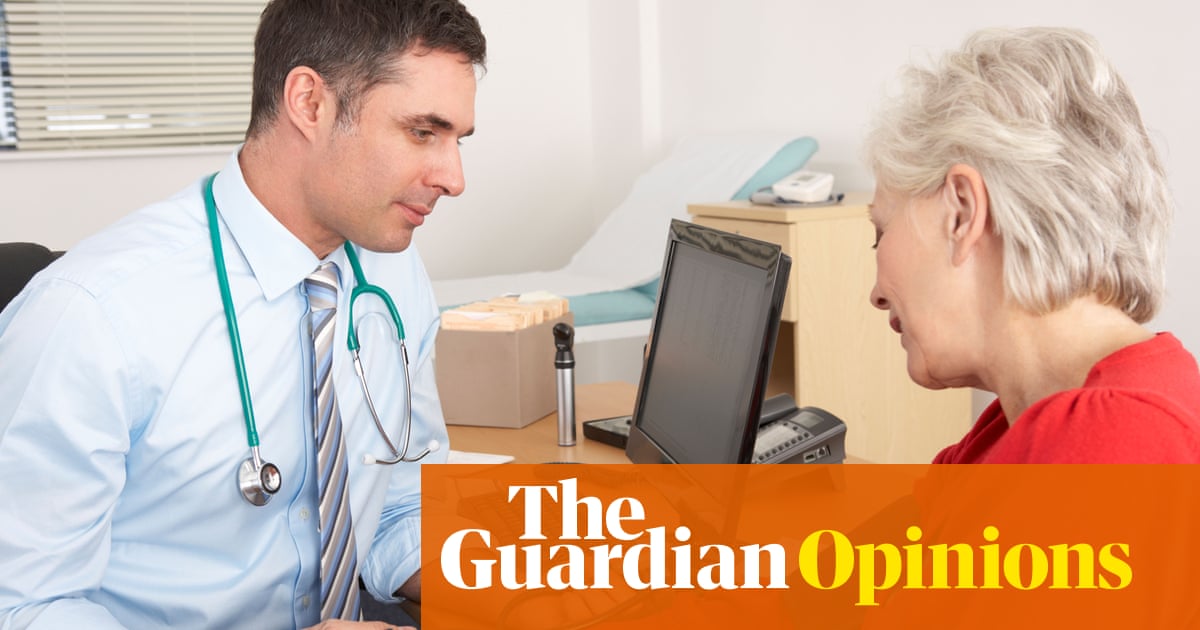That members of the public value access to in-person GP appointments sounds like a statement of the obvious. But the findings of anInstitute for Government reportabout general practice in England have more complex implications too. One striking finding is thatwaits for appointmentsseem to matter less than is often assumed. Successive governments have pushed for same-day consultations. If this was done to please the public, the research suggests they should not have bothered. Surprisingly, it found no statistically significant relationship between patient satisfaction and length of wait. For many people, there is no substitute for a face-to-face conversation with the family doctor who they may have known for years. A higher number of online and telephone consultations is correlated with lower satisfaction. The shift away from in-person consultations, which accelerated during the pandemic and has not reversed, has coincided withfalling confidence in general practice– though the reduction on spending on primary care, relative to hospitals, must also be factored in.
Appointments with other staffdo not boost patient satisfaction to anything like the same degree. Once again, this finding raises a question over recent policy, which has been to substantially increase the “direct patient care” workforce, including pharmacists, in England’s 6,200 GP surgeries. The most popular appointments of all are those in smaller practices with higher numbers of GP partners. People’s preferences are not, in themselves, a mandate for change. This study found that practices with higher satisfaction scores also meet more targets. But measuring outcomes in primary care is complicated and previous research has raised doubts about some of the care offered by the smallest practices.
That said, the report highlights the importance of personal contact in healthcare, as in other public services. Under thenew public managementethos that emerged in the 1980s, strenuous efforts are made to make health, education and social security systems work like businesses. Increasing efficiency and productivity are the goal. Human interactions are tightly managed with the aim of suppressing demand. Objectors to this approach have long argued that the emphasis on outputs is overly narrow, creates perverse incentives, anddevalues much that is important. As Ambulance, the BBC’s Bafta-winning documentary series, shows week after week, what many people need more than anything else in their interaction with public services is a feeling of connection. As the paramedic Nimah Shyr-Nai said inlast week’s episode, “everyone’s got a story in the end”.
A recognition that care quality is to do with relationships lay behind Labour’s promise to “bring back the family doctor”. But this is easier said than done. Given ongoingdifficulties in recruiting enough GPs, ministers need to ensure that other primary care staff are equipped to meet people’s needs – while also training more doctors. Policymakers must reject efficiency as the sole measure of success and rebuild public services around human connection. It should not be seen as utopian, or nostalgic, to advocate for public services that value relationships. These do not all need to be in person. Automation can streamline services and help different people, and age-groups, meet their needs in various ways. But John Donne’s famous assertion that“no man is an island”still holds. We are all connected, each “a part of the main”. That matters in public services, too.
